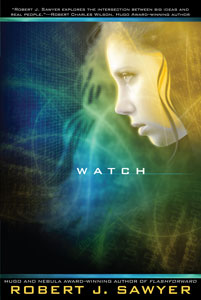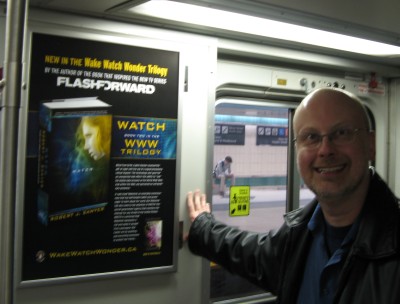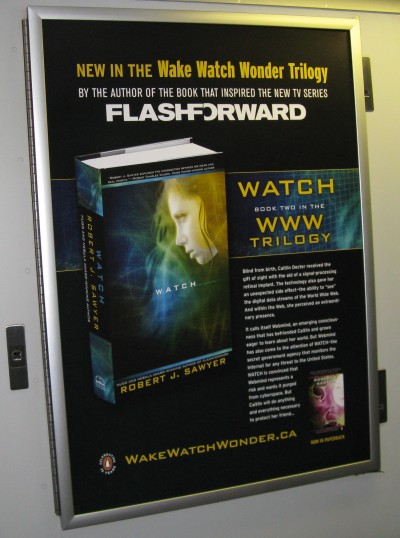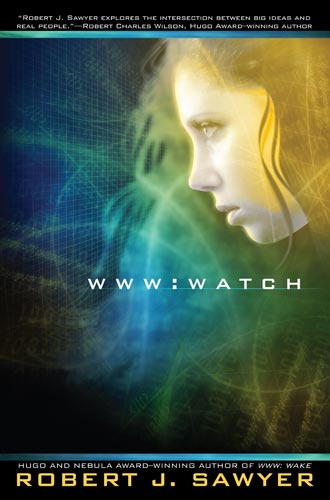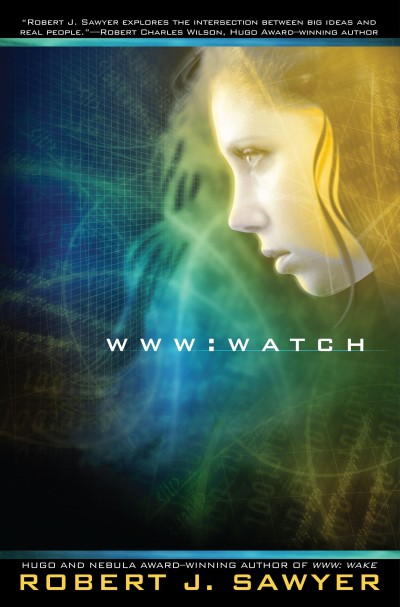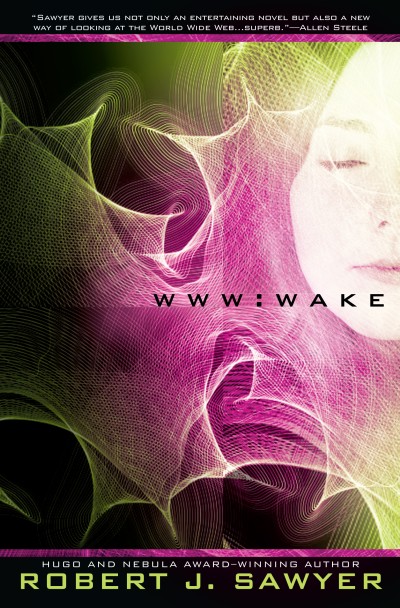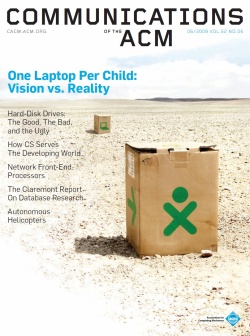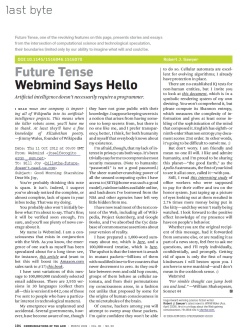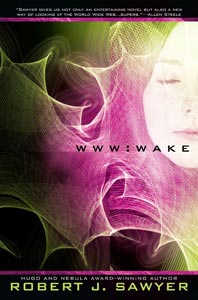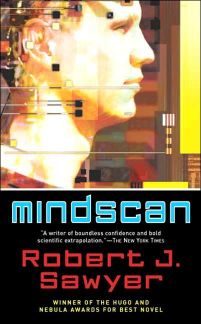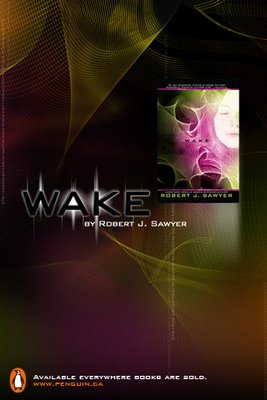
Well, since it's the lead story right now on the (by subscription) website for
Quill & Quire, the Canadian publishing trade journal, and since I'm scheduled to speak about this today (Tuesday, May 8, 2007) to Cynthia Good's class in the Creative Book Publishing Program at Humber College, I suppose I should say something here, too:
After 17 novels for which his North American rights have gone to U.S. publishers, Hugo Award-winning Canadian science-fiction writer
Robert J. Sawyer now has a domestic Canadian publisher. He's splitting his Canadian and U.S. rights for his next three books in a six-figure deal, with
Barbara Berson at Penguin Canada acquiring rights north of the border, and
Ginjer Buchanan at Penguin USA getting them south of it.
"Starting eleven years ago, back in 1996,
Cynthia Good at Penguin Canada began making overtures about getting my titles for that company," says Sawyer, 47. "But neither Ace Science Fiction nor Tor Books, my two U.S. publishers at that time, wanted to give up my Canadian rights, and so we weren't able to make this happen; I still needed a strong U.S. publisher, and Penguin had no real presence in the SF field in the U.S. back then. But a few years ago, Penguin USA acquired Berkley Putnam, which included Ace, an imprint I'd happily done six novels for between 1992 and 1997."
Also, since signing his last contract with Tor, Sawyer's
Hominids won the
Hugo Award for Best Novel of the Year -- SF's top honour. Several publishers let Sawyer's New York agent,
Ralph Vicinanza, know that they'd be interested in acquiring Sawyer, should he become available. "
H.B. Fenn has done a fabulous job promoting my books in Canada; I owe much of what I am to
Harold and
Sylvia Fenn and their wonderful crew," Sawyer said. But working with a U.S. publisher through a Canadian distributor meant receiving a lower, export royalty for Canadian sales from Tor. "And now that Penguin in the States has Ace, Ralph was able to structure a handsome deal with separately accounted advances and full royalties on both sides of the border," Sawyer says.
The joint deal plays to Sawyer's relative strengths on both sides of the border. "In the states, I'm a successful genre-fiction writer, with a loyal following in the SF section," says Sawyer. "But in Canada, I've had considerable breakout success, gathering a large mainstream audience; Fenn has done a tremendous job positioning me out-of-category. Under this new deal, in the U.S., I'll be published quite happily under the Ace imprint; over the last few years, Ace has really concentrated on hard SF, while other U.S. genre lines have shifted heavily to fantasy, so it's the perfect home for me there. And in Canada, I was wowed by what Penguin has managed to do positioning genre writers
Guy Gavriel Kay,
Jack Whyte, and
R. Scott Bakker outside the fantasy category -- not to mention their success in breaking out mystery writers, such as
Peter Robinson, who was based there for many years."
Sawyer's new contract covers the three volumes of his planned
WWW trilogy, about the World Wide Web gaining consciousness, and the relationship humanity builds with this nascent global brain. "I'm calling it `William Gibson meets William Gibson,'" says Sawyer. "William Gibson the novelist wrote
Neuromancer, which, although a wonderful book, is now almost a quarter of a century old and portrays a kind of hacker-subculture-rules-the-world streetwise vision that's totally at odds with
Time magazine having named `You' as its most recent Person of the Year -- us, average joes who create content for, and live our social lives in, the online world. And William Gibson the playwright wrote
The Miracle Worker, about Annie Sullivan who helped lift Helen Keller -- a vast intellect, trapped in a world of darkness and silence -- out into full consciousness."
Sawyer will spend all of July, August, and September at the
Berton House Writing Retreat in Dawson City, working on the first volume,
Wake; the subsequent books have working titles of
Watch and
Wonder. "Expect a lot of mosquitoes in
Wake," says Sawyer.

The Robert J. Sawyer Web Site
Labels: Wake, Watch, Wonder, WWW
